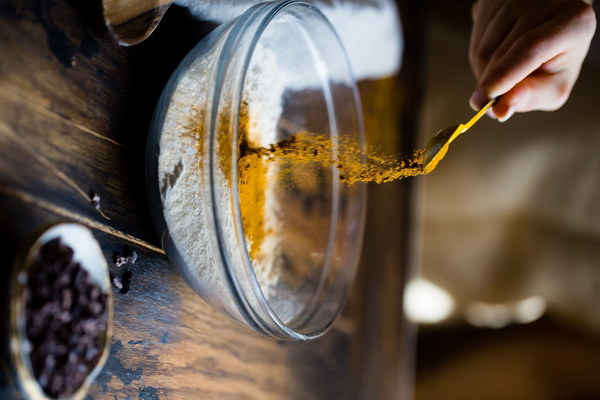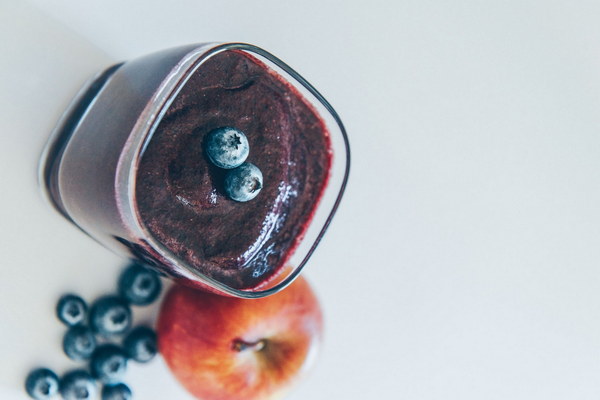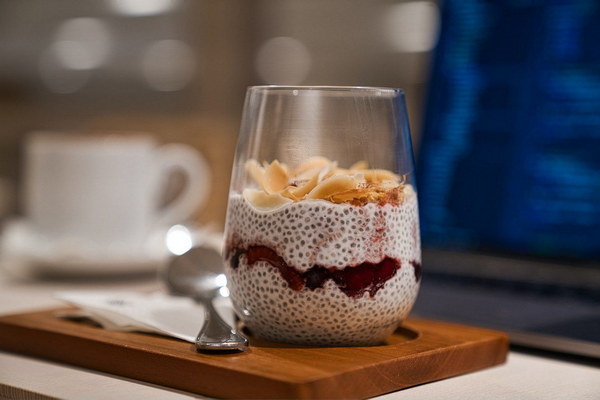PostMenstrual Blood and Kidney Nourishment A Comprehensive Guide to Restore Vitality
Introduction:
After the menstrual cycle, it is common for women to experience a decrease in energy levels, mood swings, and even a sense of weakness. This is primarily due to the loss of blood and depletion of kidney energy during menstruation. In traditional Chinese medicine, post-menstrual blood and kidney nourishment play a vital role in restoring vitality and preventing future health issues. In this article, we will explore various methods to effectively nourish your blood and kidneys after menstruation.
1. Diet:
A balanced diet rich in essential nutrients is crucial for post-menstrual blood and kidney nourishment. Here are some dietary recommendations:

a. Iron-rich foods: Incorporate iron-rich foods such as red meat, fish, poultry, beans, lentils, and fortified cereals into your diet. Iron helps replenish the blood lost during menstruation.
b. Vitamin C: Vitamin C enhances iron absorption. Include citrus fruits, berries, bell peppers, and leafy greens in your diet.
c. Vitamin E: Vitamin E is a powerful antioxidant that supports kidney health. Nuts, seeds, and vegetable oils are good sources of vitamin E.
d. Kidney-nourishing foods: Foods that are believed to nourish the kidneys include black sesame seeds, goji berries, walnuts, and pork kidney. These foods can be included in soups, stews, or salads.
e. Hydration: Drink plenty of water to support kidney function and maintain overall hydration.
2. Herbs and Supplements:
Herbal remedies and supplements can aid in post-menstrual blood and kidney nourishment. Some popular options include:
a. Angelica sinensis (Dang gui): This herb is known for its blood-nourishing properties and is commonly used in traditional Chinese medicine to treat post-menstrual blood deficiency.
b. Astragalus (Huang qi): This herb supports the immune system and helps improve overall energy levels.
c. Schisandra (Wu wei zi): Schisandra is an adaptogenic herb that helps reduce stress and improve kidney function.
d. Nettle root (Stinging nettle): Nettle root is rich in iron and other minerals that support blood health.
Before taking any herbal or supplement, consult with a healthcare professional, as some may interact with medications or have adverse effects.
3. Acupuncture and Massage:
Acupuncture and massage therapy can help balance the body's energy, improve blood circulation, and nourish the kidneys and blood. These treatments can be particularly beneficial for women who experience chronic menstrual discomfort or fatigue.
4. Exercise:
Regular exercise can boost energy levels, improve mood, and promote overall health. Gentle activities such as yoga, tai chi, or walking can help restore balance and vitality after menstruation.
5. Stress Management:
Stress can exacerbate menstrual symptoms and hinder the body's ability to replenish blood and kidney energy. Practice stress-reducing techniques such as meditation, deep breathing exercises, and mindfulness to maintain a healthy mind-body connection.
Conclusion:
Post-menstrual blood and kidney nourishment is essential for restoring vitality and preventing future health issues. By incorporating a balanced diet, herbal remedies, acupuncture, exercise, and stress management techniques, you can effectively support your body's recovery after menstruation. Remember to consult with a healthcare professional before making any significant changes to your diet or lifestyle.









